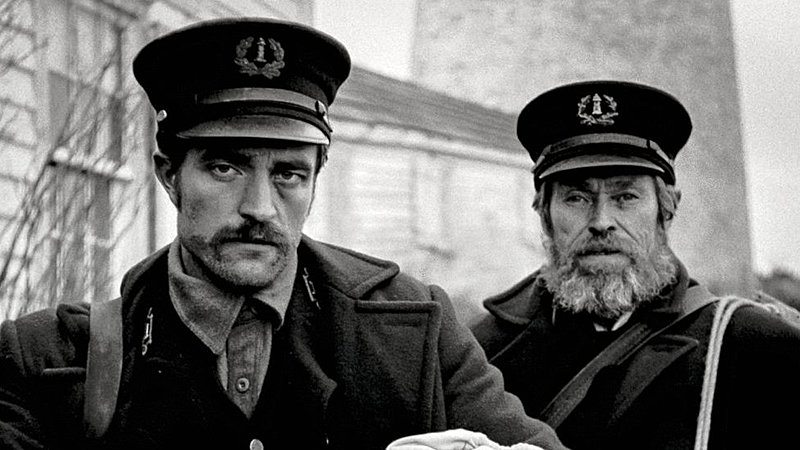
It’s that time of the year again. It’s time for the best of the year to be showcased and honored by the awards shows, culminating with the biggest and most historically respected ceremony of them all. The Academy of Motion Picture Arts and Sciences. And of course, like always, there’s a lot to be discussed as to whether we should even care anymore.
However you cut it; the Academy does matter to a certain extent. They shine spotlights on movies and create some public interest in the films selected. On top of that, they also create a ripple effect for studios to let them know what kind of movies they’re going to recognize at their award show, subsequently the studios will then make their movies in that nature thus dictating the way movies will be made in the future.
This year feels much like last year where many of the selections made feel like popularity choices to appeal to audiences so ratings don’t keep going down. But with that said, at least they’ve highlighted truly great works like “The Irishman”, “Once Upon a Time in Hollywood”, “Marriage Story”, and “Parasite”. But still, there’s way too many great films that don’t go recognized and in many ways are better than their selections. So let’s highlight 10 of them shall we?
1. The Farewell
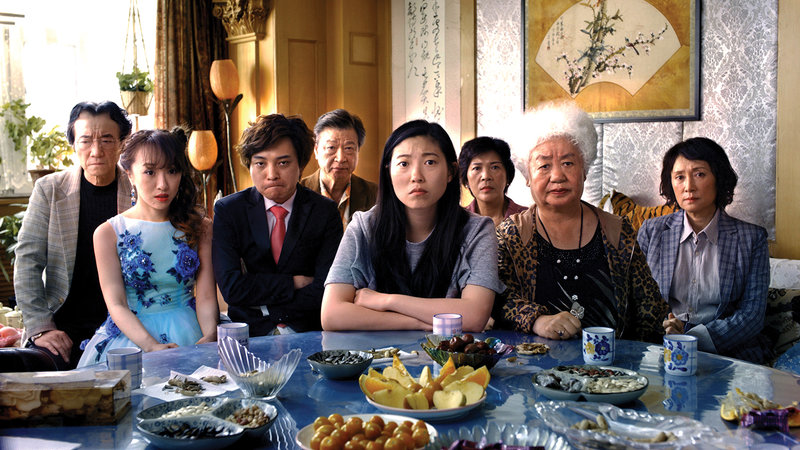
One of my favorite films of 1993 was “The Joy Luck Club”, and right here in 2019 we have another similar film in Lulu Wang’s “The Farewell”. It shares similarities in its cultural identities and family set-up. And likewise, also represents a universality that transcends the cultural specifics showcased, becoming something that anyone from any walk of life can relate to. Family is something that is embodied into most everyone’s lives, and the family in “The Farewell” is a magnificent blend of humor we can only get from our loved ones while simultaneously embracing the impending tragedy they must face.
The story here is one Wang herself was put through. The matriarch of their family, her grandma, is dying and they know it. Rather than telling her and forcing her to live the rest of her days in fear of approaching death, they deceive her with a wedding to which every family member can reunite before time runs out. This act of deception is a blessing in disguise, something to spread joy to undermine the heartbreak they’re inevitably going to have to face.
With the Asian specific films released this year it should come as no surprise that “Parasite” was the big standout that earned the Academy’s recognition. But don’t overlook “The Farewell”, it should be placed right alongside the very best of this year.
2. A Hidden Life

Terrence Malick is a very hit or miss director but when he does nail something right it’s extraordinary. “A Hidden Life” is exactly what you associate with his style, poetic imagery used to create an emotional map in the viewers mind that creates the story for them on an internal level rather than spelling it out. It demands attention more than most films do, a certain level of concentration is necessary for unraveling its majestic nature and secrets.
Based on true story in WWII that weaves through all the moments that encompass the life of Franz Jägerstätter, a conscientious objector, who is subjected to capture and mistreatment from the Nazi forces as he refuses to work for them. It goes through the moments in life many films would never glimpse at in fear of boring their audience. But Malick’s style is one of looking for the details we take for granted to give a grand experience of people who live and every little thing that makes them rich on this planet.
There’s only one way a story for someone like Jägerstätter can end given the world he lived in and what he set out to do. But the film is never about subverting expectations, rather showing us the endurance test and resolve he went through to stay true to who he is and what he believed. This is Malick at his finest and easily his best in many years.
3. The Lighthouse
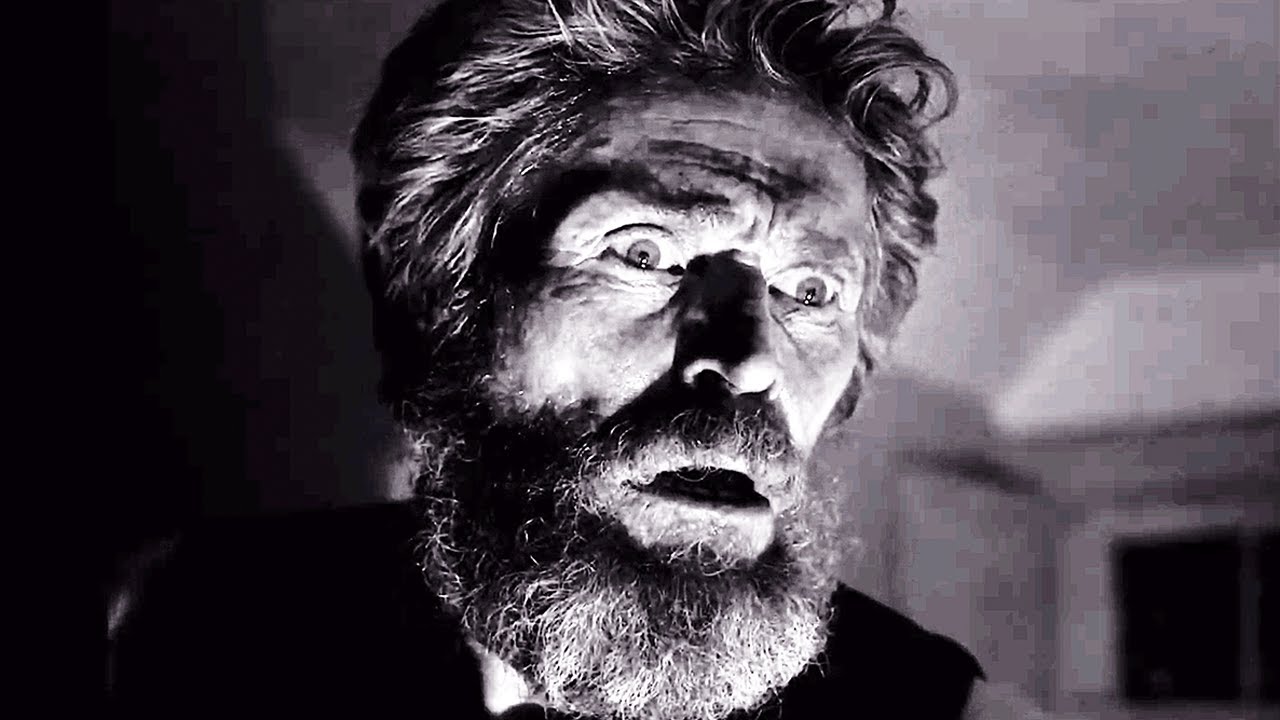
“The Lighthouse” is a film that works with what I like to call ‘tunnel vision narrative’ where it uses basic surface level material that anyone can follow but is secretly using its simplicity to examine something much greater. We watch as Captain Wake (Willem Dafoe) and Ephraim (Robert Pattinson) are stuck on an island, watching over a lighthouse, and we can tell very clearly these two personalities don’t mesh at all. Ephraim is a sour stick in the mud who is filled with anger and annoyance, wanting to be isolated to himself. Wake is a loud, bombastic man who shouts and farts and loves to ramble on incoherently with his stories.
On a surface level, we understand this film completely. Two men trapped on an island, isolated from the world, not getting along, and driving each other to the point of insanity. It makes for natural humor but quickly escalates into straight up horror where these men want to kill each other. But underneath all of this, something else is going on.
The film is layered with sporadic images of Greek Mythology, which we assume is visions these men are having given their drive towards insanity. But the island in question holds a power that delves into another world and being filmed in the 4:3 aspect ratio and shot in black and white certainly transports us into another realm. The tale being told is something of masculinity and power. Ephraim is emasculated and de-powered compared to his captain, being belittled and ordered around with ease. What he wants is power and control, to not play second fiddle to anyone ever again, and finally be the one in charge.
Films like “The Lighthouse” are films that we don’t get much anymore, and we need more of. Films that are not concerned with what anyone else thinks, not corporate made or dictated by fans. It’s an artist’s vision through and through and it does whatever director Robert Eggers’ wants to do. And to me, that’s what the best films do.
4. Long Day’s Journey Into Night
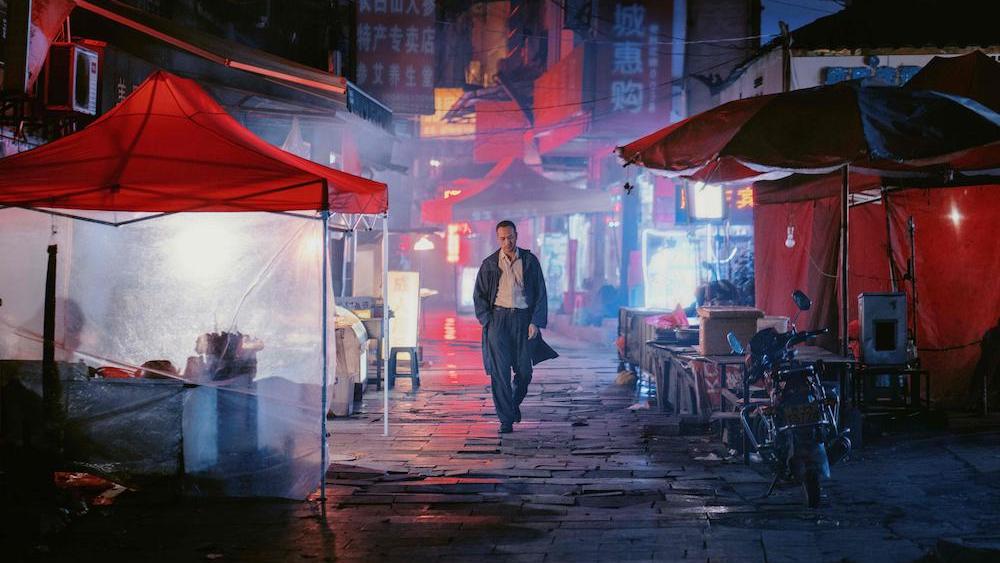
I’ve talked about this film at great length in other articles already, so I’ll keep short. But needless to say, this is a spiritually and emotionally challenging as we go through a long journey to find something more. The journey in question isn’t simply some expedition a man goes on. This is a journey through dreams, memories, past, present, and future that questions decisions that were made and what that’s doing for the current set of events and how they’ll unfold.
The film gained some noteworthy attention for its use of an hour-long tracking shot for the entire second half of the film, as well as the fact that it was shot in stunning 3D technology. Most of the time a stunt like this would be a gimmick, but in this films case it amplifies the stunning showcase of the journey that’s made through another realm to bring everything in the universe home in this moment in time. The Academy has a long history of overlooking foreign films and sadly this is no exception. But if director, Bi Gan, keeps work like this up considering how young he still is then I’m sure he’ll find himself at the top of the cinematic world very soon.
5. Pain and Glory
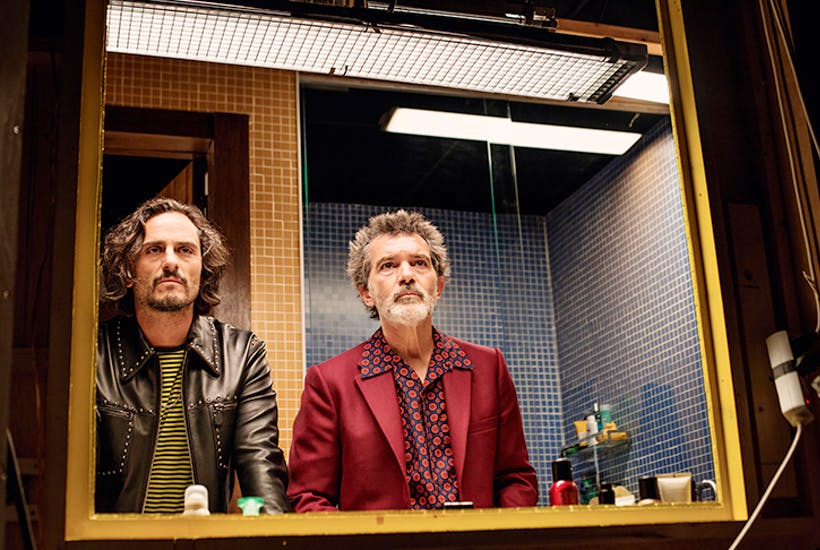
If nothing else, it’s great to see Antonio Bandares nominated for Best Actor for what I would say is his best work thus far, and that this is nominated for the International Picture category. But what a shame that another great in the long list of Pedro Almodóvar’s filmography is once again overlooked. Art is one of the very few occupations in the world where one’s physical or emotional pain doesn’t serve as a handicap but can instead propel one’s success.
After all, some of the best artists make their work to reflect the pain they’ve felt. One man who knows this is a director named Salvador Mallo (Bandares), who’s very clearly symbolic of Almodóvar himself. A man who implements the fragments of his life into his work. Likewise, Almodóvar puts a very meta style to the way in which he tells this story with Bandares and Penelope Cruz.
The films opens with a narrative describing Mallo reuniting with an actor he made years ago, except in here Bandares is playing the role of the director and Alberto Crespo (Asier Etxeandia) playing the role of Bandares or whoever it is that is reflecting the real life events between Almodóvar and his routine crew. With films like this there’s a fine line to walk between being truly wondrous and self-indulgent, it takes a master filmmaker to walk that line and tell this particular story. Almodóvar is fortunately one of those artists and if you need confirmation of that fact then watch this and see for yourself.